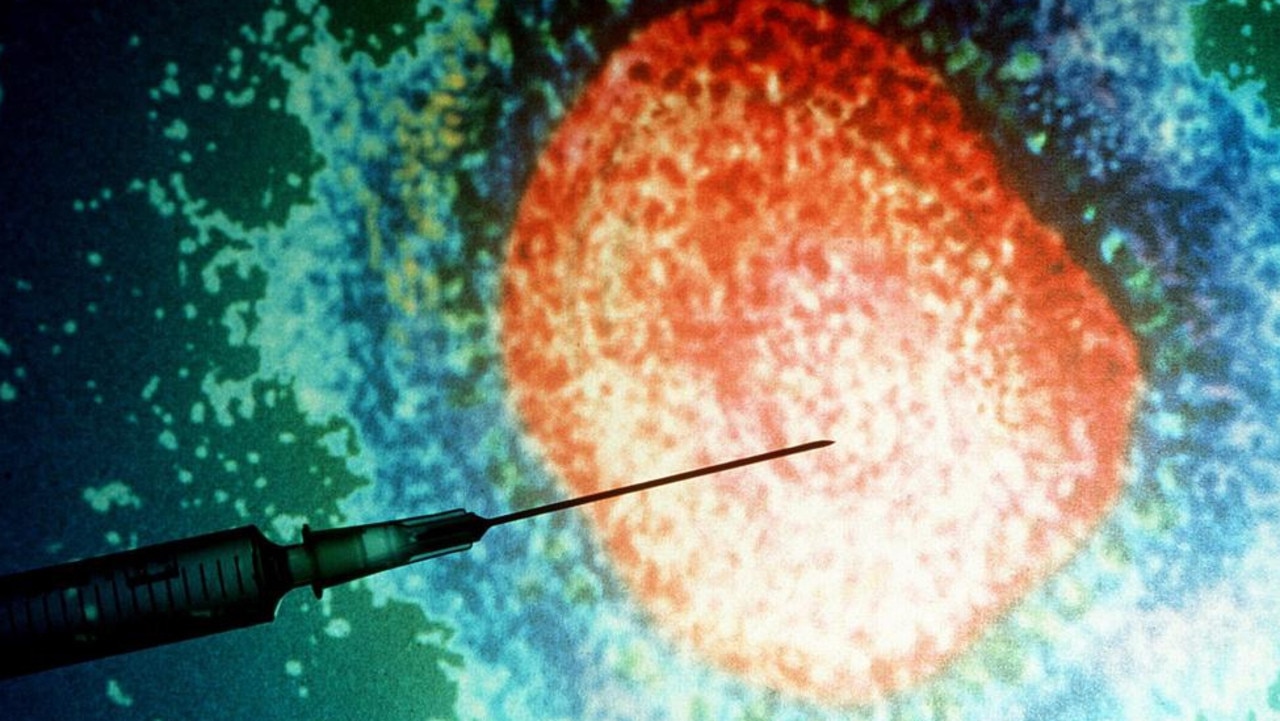Confusion after negative testers told to isolate by NSW Health
Authorities say residents must isolate for 14 days even if they test negative. But this isn’t the case for all people. Here’s who must isolate.
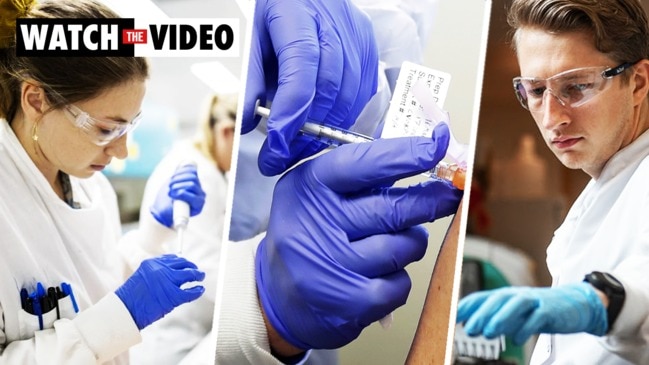
NSW residents have been told to isolate for 14 days even after receiving a negative COVID-19 test.
The health department issued the advice on Tuesday when confirming the state had recorded 13 new cases of coronavirus in the last 24 hours – all linked to current outbreaks.
“Stay at home and do not go to work or catch public transport until you are cleared of COVID-19. Even if you get a negative test, stay in isolation for 14 days,” the NSW Health statement said.
“It is critical that anyone feeling unwell – even with the mildest of symptoms such as a runny nose or scratchy throat – seeks testing and self-isolates until they get the result.”
However, NSW Health confirmed to NCA NewsWire that people were only required to isolate for the two weeks if they were considered a close contact of a confirmed case.
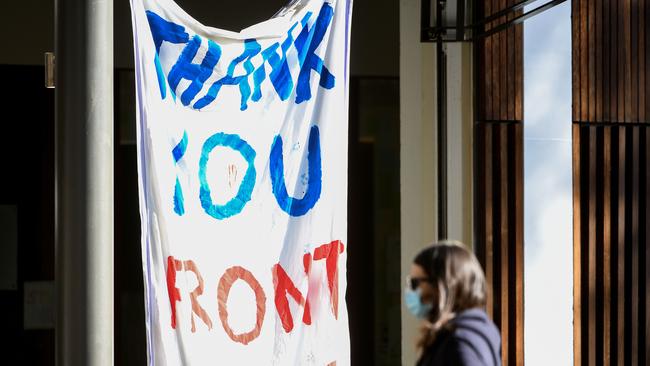
The same goes for individuals who may have attended venues associated with current clusters like the Crossroads Hotel in Casula or the Thai Rock restaurant in Wetherill Park on the days listed by NSW Health. This is regardless of a negative test result.
In the event of a negative test – if you’re not a close contact and haven’t visited any of the hot-spot venues listed on the government website – a 14-day isolation period will not be enforced, but it is recommended by NSW Health.
Here’s a breakdown of the health department’s current advice:
CLOSE CONTACTS
As mentioned, close contacts are required to isolate for 14 days after coming into contact with a confirmed case – and in some instance if they’ve attended a venue wat the same time as a known case.
“People identified as close contacts should travel directly to the place where they will undertake their self-isolation (home or a hotel). They can travel by private car, public transport, taxi or rideshare provided that they are well,” NSW Health says on its website.
It’s not mandatory for close contacts to be tested but it is recommended.
If a person hasn’t shown any symptoms after 14 days they are not required to be tested before being released from isolation, the department says.
CASUAL CONTACT
A casual contact is considered to be someone who has had face-to-face contact with a known case for less than 15 minutes over the course of a week or been in the same closed space for less than two hours with a person who was infectious.
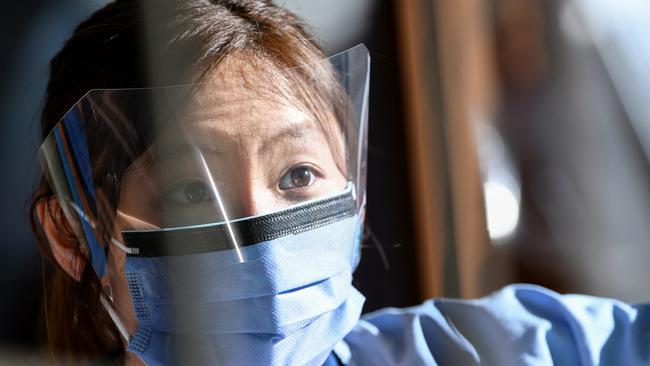
NSW Health says this may include healthcare workers, other patients or visitors “who were in the same closed healthcare space as a case but for shorter periods than those required for a close contact”.
Other closed settings include schools or offices.
“Casual contacts are not required to self-isolate in their homes unless they develop symptoms,” the health department says.
Casual contacts are urged to monitor their symptoms for 14 days after their last casual contact with a confirmed case of COVID-19. If symptoms develop they must get tested.
SUSPECTED CASE
If a person has developed symptoms and are waiting for a test they must self-isolate until they receive their result – usually this is between one to three days.
According to the state’s health department, if they test positive the local public health unit will be in contact to interview them and identify their close contacts.
If a person tests negative they will no longer need to remain in isolation unless they’ve returned from overseas or are considered a close contact.
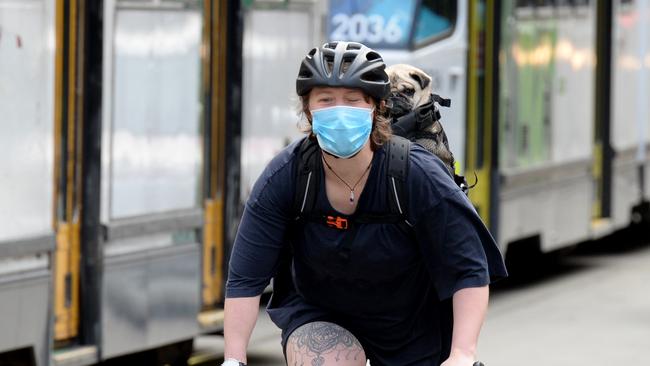
CONFIRMED CASE
If a person is diagnosed with COVID-19 they must self-isolate at home for at least two weeks or in a clinical setting depending on the severity of their symptoms and the medical care required to treat them.
“For most people, release from isolation will be based on clinical features such as duration of illness and time elapsed since resolution of all symptoms,” the department says.
If a COVID-positive person is cared for in hospital they will be discharged after producing two consecutive negative tests “collected at least 24 hours apart, at least seven days from symptom onset”.
RETURNING FROM VICTORIA AND BORDER COMMUNITIES
NSW residents returning from Victoria will now be forced to isolate at home for 14 days.
“In recent weeks, Victoria has seen increased COVID-19 activity. NSW Government has implemented restrictions on people who have been in Victoria in the previous 14 days,” advice on the government website states.
The border between the two states is closed, meaning only NSW residents can return from Victoria. There are some exemptions for those living in border communities.
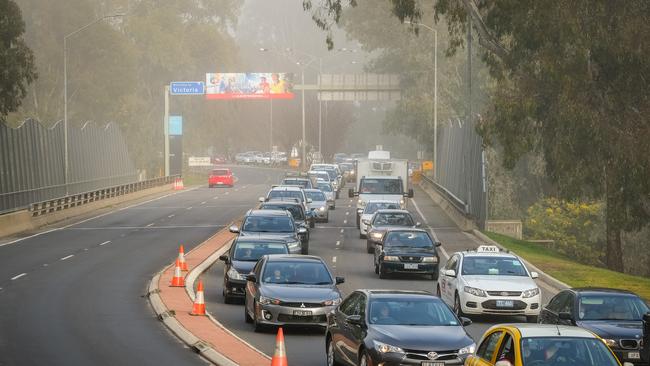
NSW Health says “border community residents do not need to self-isolate provided they have not left the border community and travelled to places either in Victoria or Greater Melbourne within the last 14 days”.
People who have been in Victoria in the previous 14 days cannot let anyone else into their home unless they live there.
Meanwhile, people who visited more than 20 venues across greater Sydney and Wollongong have been urged to monitor for symptoms after those businesses were visited by a known case.
Another 16 new cases of COVID-19 were recorded in NSW on Wednesday.
Of the new cases, three were associated with the Crossroads Hotel cluster who are close contacts of known confirmed cases. Eleven people are associated with the Thai Rock cluster.
One person from western Sydney, who is a close contact of a known case, tested positive and the other person is a returned traveller in hotel quarantine.

